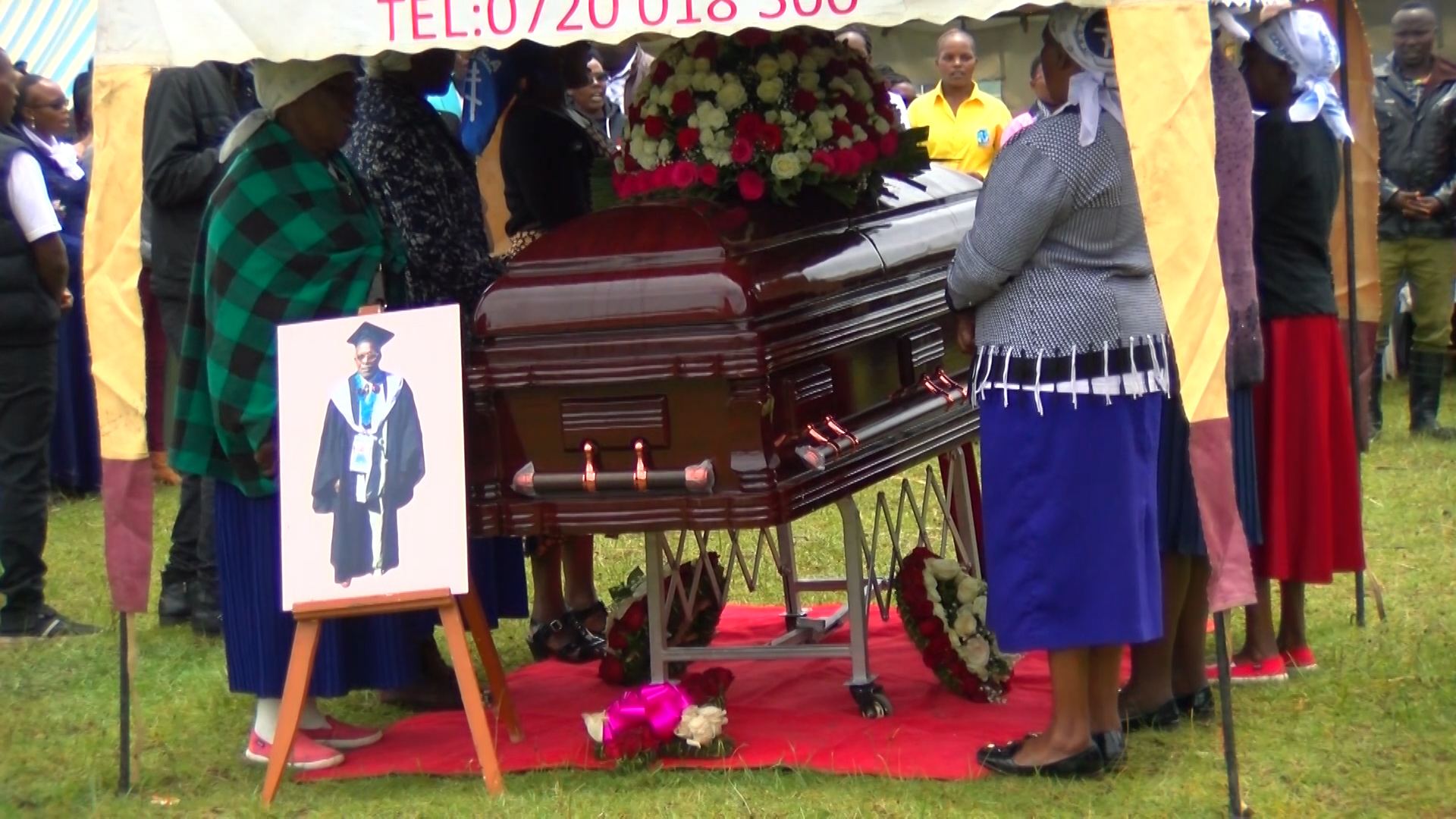After keeping the captive (or captured) audience waiting literally a whole day, the big man would spend a few minutes saying all manner of obvious things before sealing his speech with a loyalty-gauging political slogan
As a young reporter in Iten, Elgeyo Marakwet District (now Elgeyo Marakwet County), I was constantly amazed to see men who managed to be drunk by 8am every morning.
There were days when reports would reach our desk that the area political supremo, Nicholas Kipyator Kiprono arap Biwott, would be coming to the district for some event or other. The exact time of his arrival would be a closely guarded secret, so to be on the safe side we would set up our equipment as early as 8:30am, usually in a primary school; never mind that he would often arrive with his own camera crew all the way from Nairobi.
Villagers would then start to arrive at the venue – the younger ones with bloodshot eyes and the older ones with rheumy eyes, their burps and hiccups sounding like a sentence in an unintelligible, foreign language.
We would then all embark on waiting, it seemed, for Godot.
In those days, we could commandeer a government Land Rover, of a certain vintage, that was still rugged enough to deliver us even to the badlands of Tot and Chemlingot. The inebriated denizens would scout around it, admiring its worn out tires and the gauze wire protecting the radiator between its double-breast headlights.
There would be low-octave, good-natured banter among the crowd, for the Kalenjin are not as loud or boisterous as the Kisii or the Luo; neither are they like the skinny Kikuyu cowboys into whom alcohol seems to inject a vial of Dutch courage that causes them to start throwing kicks and blows that do not land on any intended target.
As the time passed, some of the men would eventually mount the car and sit on the bonnet – without asking anyone for permission of course. I guess they saw this as an irresistible opportunity to sit on government.
Intermittently, a man, or a group of men, would climb down, their spirits by then a bit low. They would disappear briefly before making a grand re-entry, their spirits obviously boosted as they bumped against one another and staggered back to the venue to lend their support to the rest of us in the important task of waiting for the big man.
Those were the days when chiefs were chiefs and kirauni (crown) was kirauni, and their word was law. In fact, armed with the Chiefs Act, the chief was more powerful than a district commissioner.
Back then, it was inconceivable that a whole cabinet minister, in charge of the Energy docket no less, could come all this way to address just 10 people in an expanse the size of a school football field. So villagers were herded to the venue – some kicking and screaming – to lend their ears to the important message from the government delivered by the big man. The presence of the village drunks was a crucial compromise: come and listen to the minister, regardless of your state of consciousness or coherence.
The Elgeyo and the Marakwet are very generous people. They would serve us with plenty of good food, although I never saw the drunks eat it – they would only look at it with their bulging eyes before giving it a wide berth. For their favourite drink, busaa, a thick, fermented gruel, came packed with its own nutritional benefits and never left its imbibers with empty stomachs.
That is how the lunch hour would come and pass, and we, the minister’s captive audience, would wait some more.
At around 5pm, a fixed-wing plane would be spotted from a distance. Its sighting would cause a little commotion as it passed overhead on its way to Kimwarer or some other airstrip where it would land.
At 6pm, the minister would arrive in a motorcade and his bodyguards would have a difficult time rearranging the drunks to constitute a proper audience for the minister and preventing them from raising their hands to greet him or to ask what looked like really burning questions.
The event would then kick off. A burly Paramount Chief Al Haji Chepkeitany would lead us in traditional Kalenjin prayers. He looked and sounded like Franco Luambo Luanzo Makiadi belting out Tres Impoli as he offered his prayers in a deep passionate tone while the rest of us, hands outstretched with palms facing up to receive the blessings, intoned, “Kutuny!” or “Sere!” (I can’t remember which).
I have seen this same posture during prayers by Kikuyu and Maasai elders, but I have also witnessed the same posture in Muslim and Christian supplication. I am therefore not sure that the posture is exclusively African.
After the prayers, a few leaders would then be invited to “greet” the people and say “one or two things”.
Finally, the minister would deliver his long-awaited message. “The rains have started,” he would reveal in a disjointed and uninspired staccato, and advise farmers to take advantage of the season to plant maize. He would then move on to warning the “enemies of development”.
Finally, he would belt out “Harambee!” three times and ask: “Mtukufu rais wapi (Where is his excellence, the president)?” To which the crowd, drunks included, would roar in response: “Juu, juu, juu zaidi! (High, high, and higher)”, thus delivering a fitting crescendo for the national political chorus.
Having delivered the government’s message and ensured that the people’s loyalty was still in place, the minister would step off the dais and leave. By the time we finished dissembling our equipment and loading it in the car, it would be approaching 7pm.
And then we would embark on the difficult task of writing news without mentioning the only newsworthy fact – that drunken villagers had survived a whole day without food.





